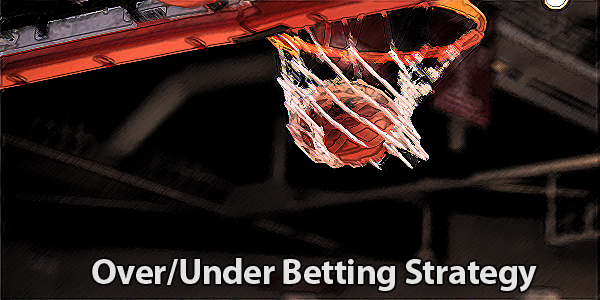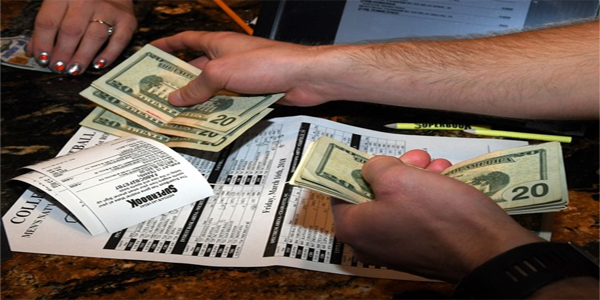When handicappers talk about “value” in sports betting, sometimes it’s hard to fully grasp what they mean. For those that operate professionally in the sports betting industry and for those that do this as a hobby or a supplement, value can mean a variety of different things.
When it comes to sports betting, getting “value” is not as cut-and-dry as it seems. It’s very clear that there is value in getting a favorite at -6.5 instead of -7.5. There are more obvious forms of value, like getting a favorite at -3 instead of -7.5. For professionals, getting value is getting numbers above or below the key numbers like 3, 4, 6, 7, 10, 14, etc., but they’re also able to do it in a way where they oftentimes get the “best of the number”. A number that opened on Sunday at +17 may close +11 on Saturday. To some bettors, the +11 may still have value because it’s above +10 and they expect a close game. To the professionals, six points of “value” have already been taken away from the number.
In a lot of ways, value is in the eye of the beholder. Everybody should strive to get the best number, but that’s not always going to be an option for amateur or novice sports bettors with day jobs or the inability to look at an odds screen showing all the games for hours at a time.
Remembering some simple rules can help you get value as a novice sports bettor:
1. Watch out for the key numbers – If you can help it, try not to take a favorite at -7 when you can get -6 or -6.5. Similarly, try to get underdogs at +3.5 or +4 instead of +3. Key numbers, or “fall numbers”, are numbers that are more likely to represent the final score of a game. With scoring by sevens and threes, games are more likely to end 24-21 or 24-17 or 27-20 than they are to land 27-22, 29-25, or 31-22.
2. Pay attention to line moves – A game that opened +17 and is down to +9 has no value remaining. Oddsmakers are very good at their jobs. They are rarely going to be off by large margins. In a low-scoring game, say, with a total of 39, a line move from +6.5 to +2.5 on the underdog likely means that the value is gone. Games with higher totals may have more value in the numbers, even if the spreads have moved. If a spread or total moves a lot, you can assume that there isn’t much value left in the number. In some cases, if you want to go against the sharp players, there may be value on the other side.
3. Try to predict line moves – For Week 6 of the 2016 college football season, Hurricane Matthew was forecasted to head up the Atlantic Ocean along the East Coast. Lines moved very quickly on the under in games in Florida, Georgia, South Carolina, North Carolina, and even into Virginia. Heavy rains and strong winds were in the forecast, so the expectation was that the teams would struggle offensively. That created value. Weather reports can create value on both sides and totals.
In more common occurrences, you can sometimes predict line moves by knowing what the tendencies are of the influential bettors in the market. If the line on a heavy public favorite appears low, sharp players may take the value on a -2.5 before it gets driven up to -4. They may decide to play back on the other side or simply let the value ride.
4. Bet early when possible – In certain cases, the best number will be early in the week. Lines move quickly early in the week when the oddsmakers are adjusting to the initial action from players that they respect. Most novice or amateur bettors don’t feel comfortable betting early in the week. They prefer to wait until later in the week or the day of the game. The spreads and totals are at their weakest points early in the week because oddsmakers haven’t fully adjusted to the money being wagered on the sides and totals.
5. Don’t take the worst of the number – If you are consistently getting +10 when a number was +14.5 or playing -10 when the number opened -3, there’s not much value in that. If you get anything better than the closing number, then you got value. It won’t be the same value that professionals got and it may cause them to win and you to lose, but you learned an expensive lesson. Get the best number that you can get if you see a game you like start to move. Some value is better than no value.
6. Always keep learning – This is the most important rule. Even the best never stop making adjustments. Track your bets. See what worked. See what didn’t. The most value you can get is to get better.






